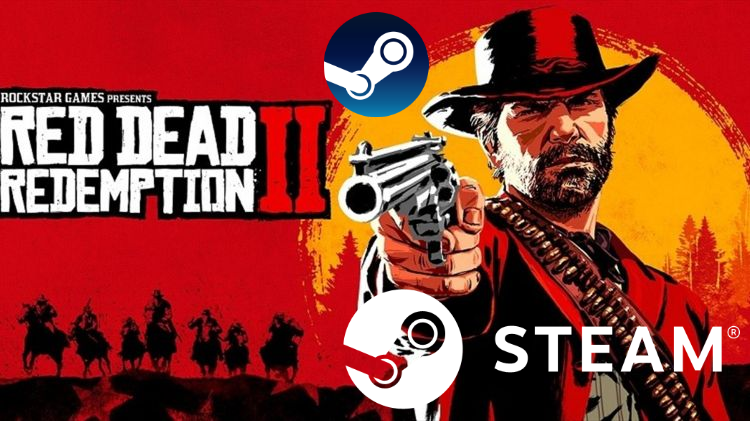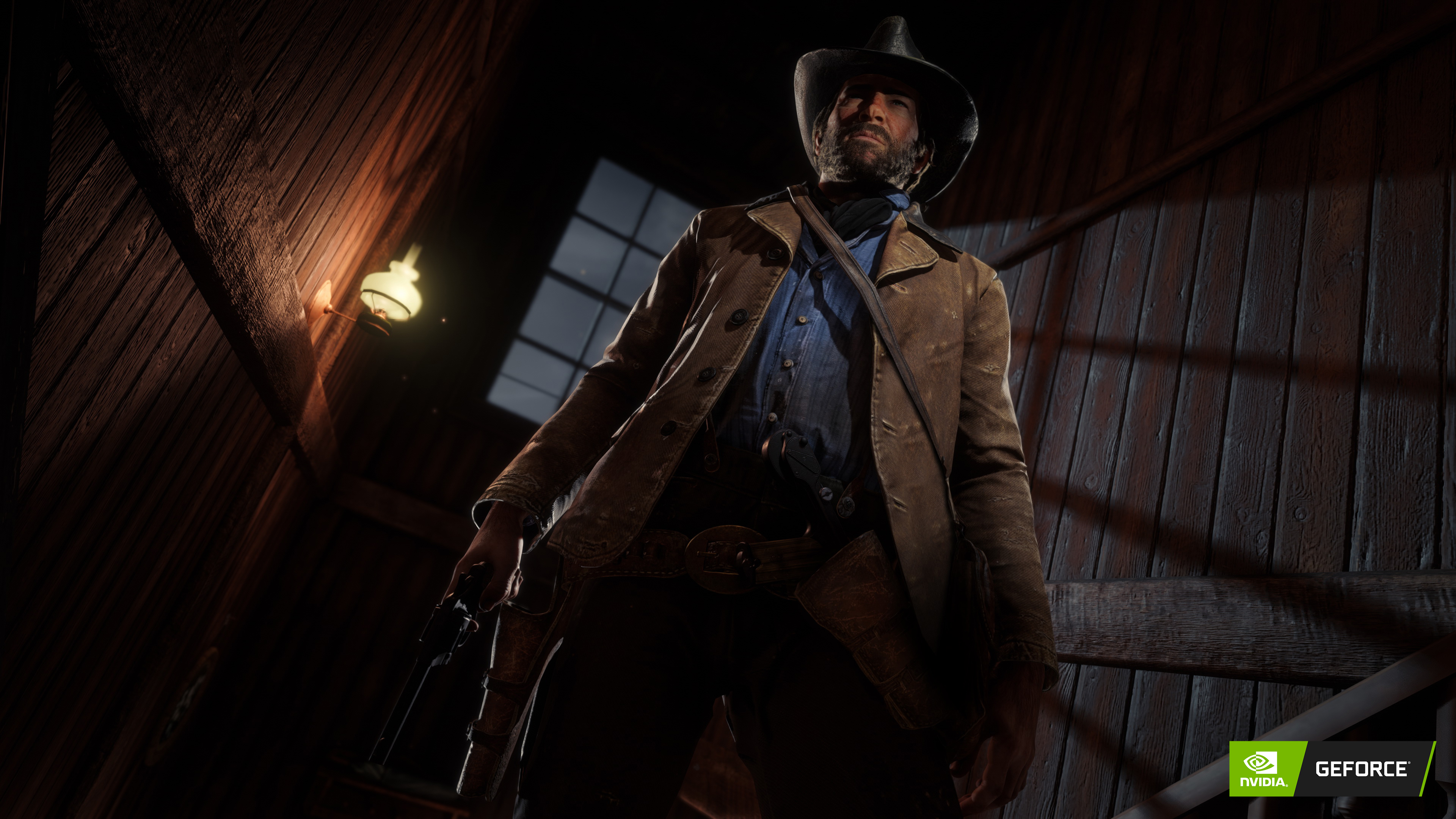

Arthur’s fear of perdition is what makes him vulnerable, and the story threads provided by an excellent mid-game twist can have a major impact on how the player plays the game. And this is extremely powerful in the game’s many sad moments. Additionally, there also exist binary choices manifested within the story that hold an even greater effect in its overall outcome. Because RDR II allows the player to interact with everyone they meet, there will always be a positive or negative interaction left in Arthur’s wake. The choices the player selects decide the accounting for how much more, or less, “redemption” Arthur requires. Player choice, while limited in its options that don't involve outfit and equipment shopping (because there’s like a million options there), is paramount here.ĭo the new options of progression offer more variety? Mechanically, not a ton. Very quickly the action genre begins to fade away, and you would be forgiven for mistaking RDR II for something more akin to a western-themed RPG. To increase immersion, Rockstar actually changed their formula. But unlike most of Rockstar’s works, RDR II layers more customized nuance based upon player choice (albeit limited). This is classically delivered via violent shootouts or emotional character quiet time. There is a mini-map embedded in the UI which sends the player to alternating quest hubs in order to receive story candy. Like most of Rockstar’s IPs, RDR II is a third-person open world shooter complete with all the trimmings we’ve come to expect from their titles. RDR II is about standing face-to-face with its death. The only difference is that RDR was about lingering after the rebirth. RDR II’s narrative doubles down on the series’ thesis about the death and rebirth of America the was previously made in the original. Provided the player is willing to lower their guard and allow for the immersion to suck them in. This does make playing the original more necessary, because the story makes the chronologies’ roots grow in importance. Meaning that plenty of familiar faces return, and the game’s creators do an excellent job of manipulating the player’s own sense of nostalgia against themselves. In the absence of retracing story beats from a game over a decade old, this story is about the gang we heard so much about in the progenitor.

The chronology places it before the events of RDR, but the game’s tradition of “redemption” center around a new protagonist named Arthur Morgan. RDR II is the sequel/prequel to Red Dead Redemption that genuinely serves as both. It’s not what it’s about, it’s how it’s about it.īut we’re jumping ahead a little bit here. There can’t be any camera winking, or horseplay, once the drama kicks in because it must stylistically hold you in place until it makes its point. The key is that the story itself remains consistent in its approach.

As a rule, if you care about the characters then the melodrama is working. Melodrama in RDRII, or otherwise, can be extraordinarily affective in storytelling. You end up with the best Rockstar game – but perhaps, not the most fun one.Īnd I don’t mean that negatively. The results of which end up manifesting themselves in the oddest ways. It’s less juvenile in its presentation, much more serious in its manner, mature in its execution, and frankly much more melodramatic. Even when comparing it to its predecessor. RDR II is an odd Rockstar game in many ways. And I’m not suggesting that RDR II’s creators weren’t concerned about their bottom line, but considering the financial success of another Rockstar IP you might have heard about I think it’s fair to say they were allowed to create the game they wanted to make.Īnd what they made was Read Dead Redemption II. This is, of course, not to say that there haven’t been examples of recent games caring about their narrative (Metro: Exodus, Cyberpunk 2077), it’s just to say that an additional emphasis this generation has been more about creating imaginative ways of squeezing as much money out of the game and player as to make the company's time and financial investment worthwhile. Ignoring recent trends across the industry most-assuredly disagreeing with my supposition, RDR II is a bolded example of a game making the story the priority. From classic SNES RPGs to Red Dead Redemption II, it’s always been the most reliable separator from the pack, despite perceived mechanical shortcomings. The video games I’ve always been the most interested in are the ones that cared the most about their narrative.


 0 kommentar(er)
0 kommentar(er)
